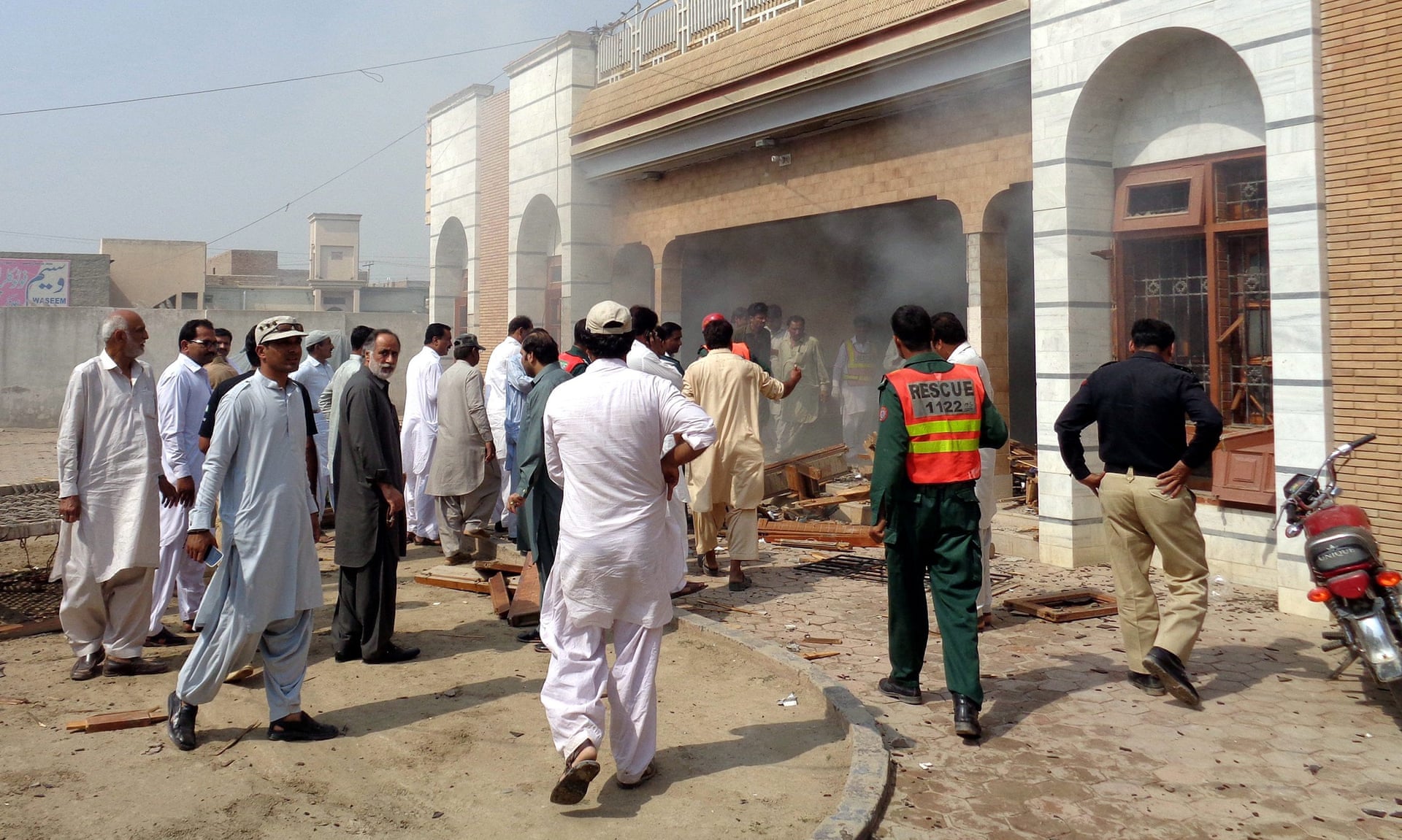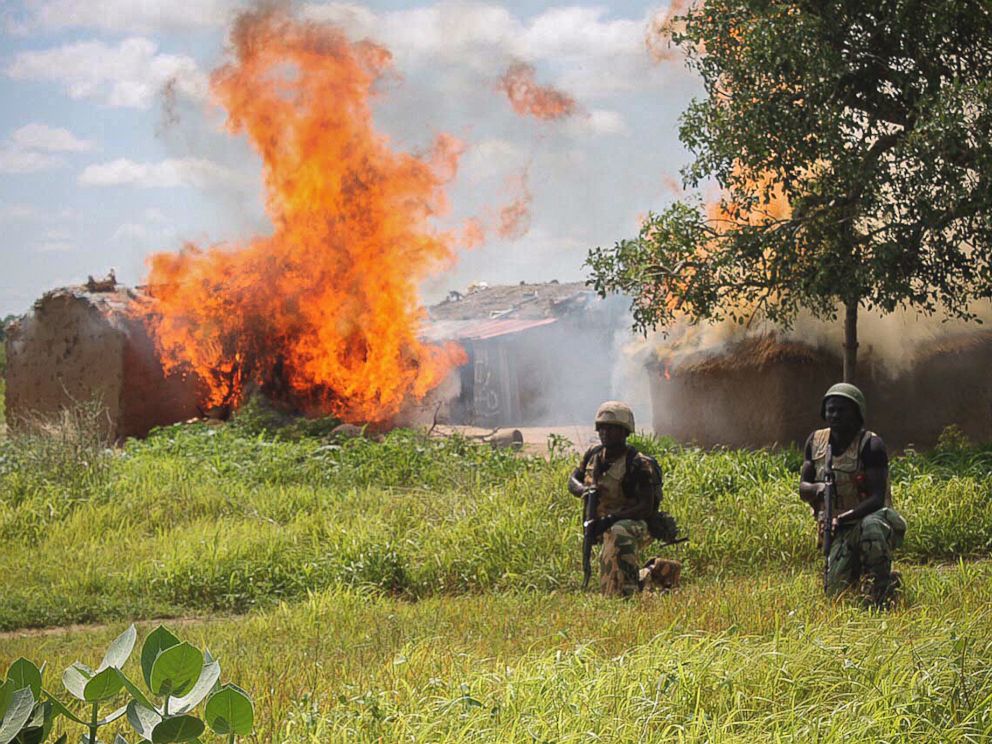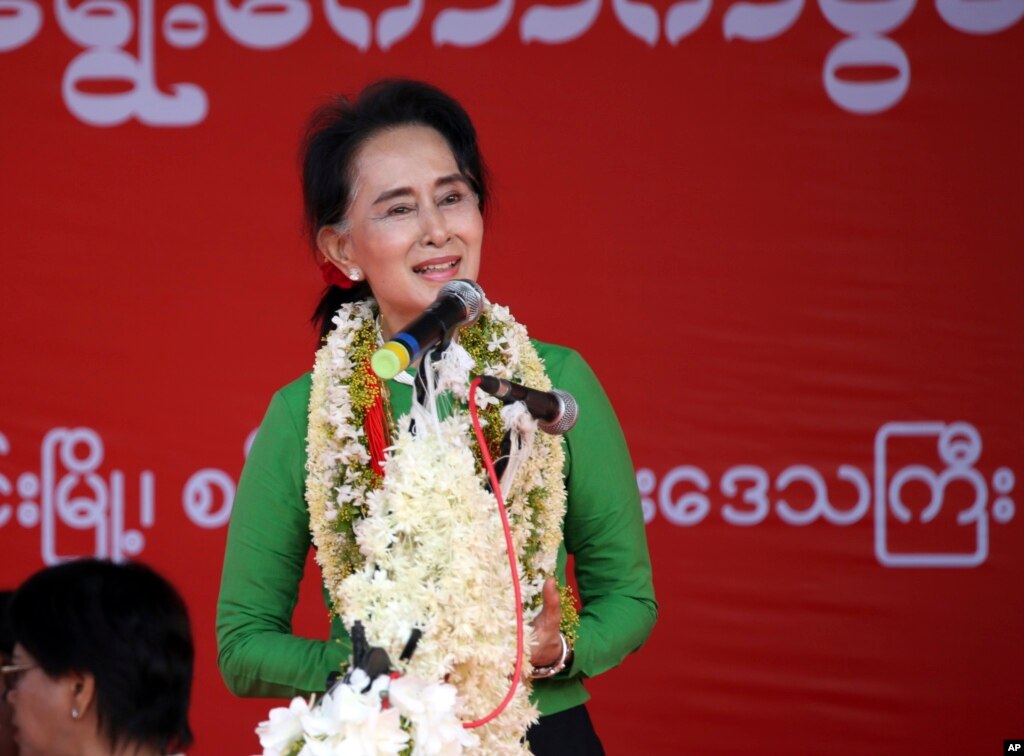By Brittani Howell
Impunity Watch Reporter, The Middle East
ANKARA, Turkey – Last Sunday, protestors took to the streets to mourn the deaths of as many as 95 people who were killed by an apparent suicide bomber at a peace rally in Ankara the day before. The names of those who died, were read one by one on television, on Sunday.
The government stated that it was likely that either the Islamic State or the Kurdish rebels were responsible for the suicide bombing. It is alleged that the bombing is similar to a previous suicide bombing incident that had been carried out by the Islamic State in July. That incident had killed 33 Turkish and Kurdish peace activists.
Mourners of the latest suicide bombing placed blame on Turkey’s President, Recep Tayyip Erdogan. The protestors blame him for promoting nationalism and violence in order to gain votes for the upcoming election.
President Erdogan has pursued a military campaign against Kurdish forces and much of the public does not agree with that decision. The government attempted to shut down social media sites like Twitter an Facebook, in order to prevent images of the carnage from circulating, but were unsuccessful.
The attack was one of the deadliest in modern Turkey, and many fear it is just the beginning of violence and political turmoil. Ahmet Yilmaz, who had been injured in the bombing, stated, “If these crises, bombings and blood continue, we will all be crippled in Turkey.”
The government stated that elections will still be held on November 1, 2015, as planned. Many fear that the bombings have compromised a fair election, because of people’s belief that the President is promoting violence for nationalist goals. President Erdogan wants the ruling party to remain in the majority. The military campaign against Kurdish rebels is seen as an attempt to gain the votes of nationalists. A previous polling volunteer, Omur Bolat, stated, “This bombing shows quite clearly that the election will not be conducted in a free, fair, and healthy way.”
A military campaign against the Kurdish rebels may end up benefiting the Islamic State, however. The Kurdish rebels have allied with the Syrian Kurdish forces in the fight against the Islamic State. A Turkish military campaign would against Turkey’s Kurdish rebels would take pressure off of the Islamic State.
For more information, please see:
ABC News – Islamic State Could Gain From Turkish Peace Rally Bombing – 11 October 2015
Los Angeles Times – Protests and Skepticism in Turkey Follow Bombings at Peace Rally – 11 October 2015
Reuters – Turkey Sees Islamic State Hand in Bombing, Vows Election Will go on – 11 October 2015
The Huffington Post UK – Turkey Focuses Investigation of Peace Rally Bombing on Islamic State – 11 October 2015


